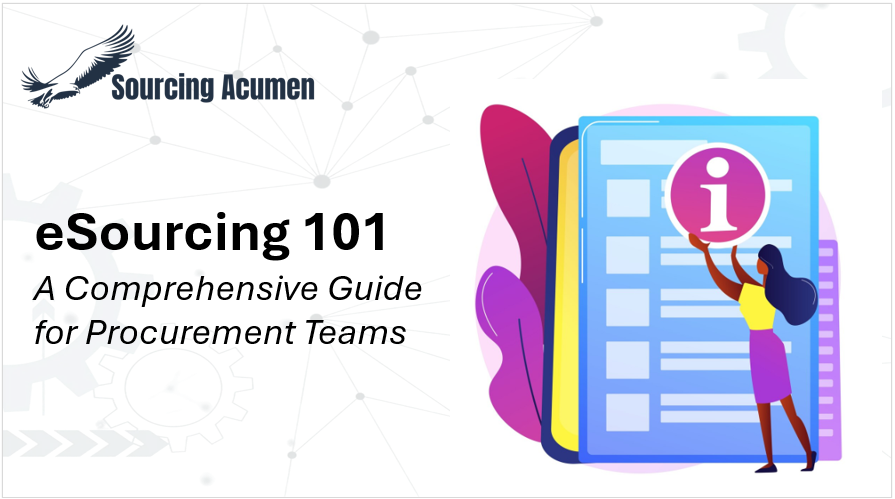
As product complexity grows and markets demand shift, modular sourcing has become a strategic lever for procurement leaders. By sourcing functionally complete modules instead of individual components, organizations can unlock greater agility, efficiency, and supplier innovation while reducing the operational load of managing extensive component-level sourcing.
What Is Modular Sourcing?
Modular sourcing is a procurement strategy focused on the acquisition of pre-assembled subsystems such as PCBA boards, control panels, or battery packs that can be directly integrated into a larger product. This contrasts with traditional part-level procurement, where sourcing teams manage every resistor, connector, or housing individually.
Rather than managing 500+ components for a complex product, procurement may only manage 5–10 modular components each sourced from a specialized supplier.
This method streamlines BOM management, simplifies supplier communications, and accelerates product development in industries where speed and precision are critical.
Where Modular Sourcing Applies
Modular sourcing is especially effective in industries with high part counts, rapid innovation cycles, or assembly-intensive products. Common areas include:
| Industry | Examples of Sourced Modules |
| HVAC Systems | Compressor assemblies, control panels, fan units |
| Automotive | Infotainment systems, EV battery packs, sensors |
| Electronics | PCBA units, display modules, camera modules |
| Industrial Equipment | PLC cabinets, actuator units, drive systems |
| Medical Devices | Sensor boards, controller modules, micro-pump units |
| Telecom | RF modules, fiber transceivers, power supply units |
These categories benefit from subsystem sourcing and pre-integrated solutions that reduce internal manufacturing load.
Benefits of Modular Sourcing
- Simplified Procurement Operations : Fewer SKUs to manage means reduced administrative load and faster sourcing cycles
- Supplier Specialization : Modules are sourced from suppliers with deep technical expertise, improving quality, performance, and innovation
- Shorter Lead Times : Pre-assembled modules reduce time required for in-house integration and testing
- Faster Time to Market : Easier prototyping and final assembly accelerate go-to-market timelines
- Scalability : Modules enable a building-block approach to product development and scaling across variants
- Reduced Risk of Assembly Errors : As module integration replaces low-level part assembly, quality and reliability improve
- Greater Focus on Strategic Sourcing : Modular sourcing allows procurement teams to shift focus from tactical part buying to strategic supplier collaboration, TCO optimization, and modular procurement planning
Challenges in Modular Sourcing
While powerful, modular sourcing presents strategic trade-offs that must be managed:
| Challenge | Consideration |
| Integration complexity | Modules must align mechanically, electrically, and digitally |
| Loss of cost transparency | Bundled pricing can obscure detailed part-level visibility |
| Supplier lock-in | Proprietary modules increase switching costs and reduce sourcing flexibility |
| IP and compatibility risk | Restrictions may prevent customization or in-house modifications |
| Dependency bottlenecks | A single delayed module can stall entire product delivery |
Case Studies: Modular Sourcing in Practice
Modular sourcing is already having a measurable impact across industries. A leading HVAC manufacturer replaced 250+ part-level RFQs with pre-assembled control panel modules, reducing lead times by 10% and labor by 30%.
In another case, a global electronics manufacturer shifted to sourcing fully assembled PCBAs, cutting quoting cycles from 3 weeks to 7 days while streamlining BOM complexity across regional product lines.
How advanced e-Sourcing platforms Supports Modular Sourcing
There are only few e-Sourcing platforms that can effectively support end to end execution and analytics of Modular Sourcing. Sourcing Acumen is at the forefront of dealing with that complexity. Interconnected bid sheet functionality needed for modular sourcing empowers procurement teams to:
- Create dedicated bid sheets for each subsystem or module
- Link bid sheets to reflect shared dependencies, delivery constraints, and pricing logic
- Compare supplier responses module-by-module, not just part-by-part
- Leverage advanced bid analytics to drive TCO optimization, risk mitigation, and supplier performance tracking
Whether you’re sourcing a fully assembled PCBA, a cooling module, or a sensor board, Sourcing Acumen enables modular sourcing with unmatched transparency and control ensuring sourcing professionals can act with speed and precision.
Final Thought for Procurement Leaders
Modular sourcing isn’t just a procurement tactic – it’s a strategic enabler. It reduces complexity without sacrificing control, empowers supplier-led innovation, and accelerates speed to market. But it also requires sophisticated tools and processes to manage integration risks, pricing opacity, and cross-functional dependencies.
Sourcing Acumen was purpose-built to meet these demands – supporting smarter, faster, and more scalable sourcing decisions in modular supply environments.
Related Articles




